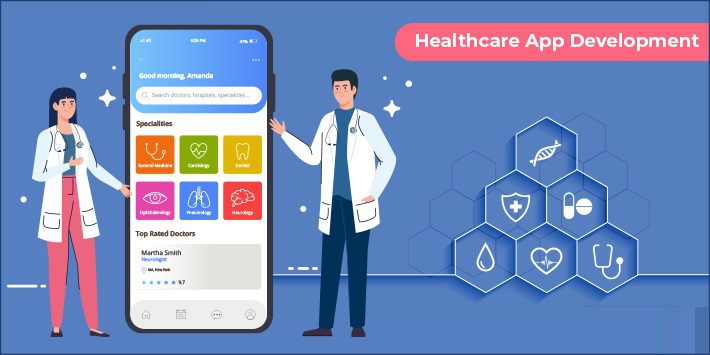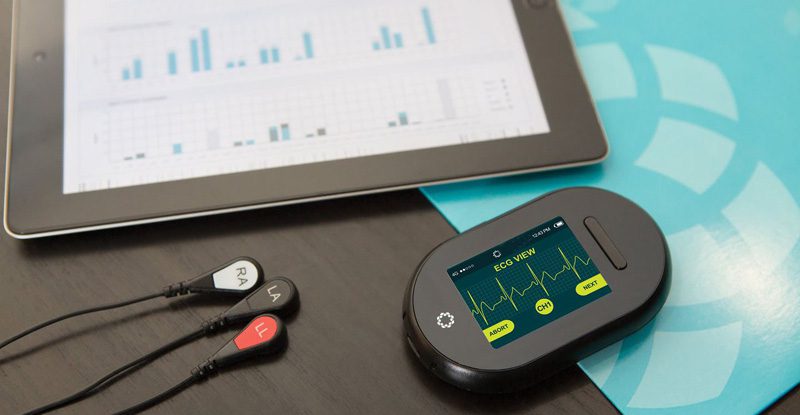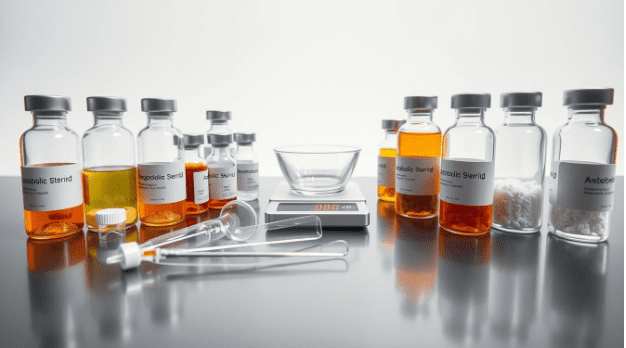Healthcare is one of the most heavily regulated industries in the world. With patient data, strict compliance laws, and constant innovation in telemedicine and wearable devices, healthcare apps face unique hurdles that most other industries never encounter. For businesses in this space, developing a healthcare app is not just about user-friendly features—it’s about ensuring compliance with regulations that safeguard patient privacy and build trust.
Partnering with the right app developers in Dallas can help healthcare providers and startups navigate these complexities. Below, we explore five of the biggest regulatory challenges for healthcare apps and how experienced development teams solve them.
1. Data Privacy and HIPAA Compliance
The Challenge: In the U.S., healthcare apps must comply with the Health Insurance Portability and Accountability Act (HIPAA). This law sets strict rules on how patient data—medical histories, prescriptions, or even wellness tracking data—is collected, stored, and shared. Non-compliance can lead to lawsuits and heavy fines.
The Solution: Skilled developers ensure HIPAA compliance by implementing secure encryption methods, role-based access controls, and robust authentication protocols. They also use HIPAA-compliant cloud storage providers and conduct regular audits. Building privacy into the design of the app from day one is the best strategy to stay compliant.
2. Cross-Border Data Transfer
The Challenge: Many healthcare apps are used by patients traveling internationally or by providers offering telehealth across borders. Regulations like the GDPR in Europe or local data laws in other countries restrict how data can move between regions.
The Solution: Developers address this by integrating localization features, ensuring apps comply with regional laws wherever they’re deployed. Using secure servers located within specific geographies helps reduce compliance risks. Developers may also anonymize or pseudonymize data to allow legal transfers without compromising privacy.
3. Medical Device Integration and FDA Regulations
The Challenge: Apps that connect to medical devices such as glucose monitors, heart rate trackers, or wearable ECG monitors may be classified as medical devices themselves. This means they fall under the U.S. Food and Drug Administration (FDA) guidelines, which adds another layer of compliance.
The Solution: Developers work with regulatory consultants to determine if an app qualifies as a medical device. If so, they implement FDA-approved standards for testing, validation, and reporting. By collaborating with healthcare professionals, developers ensure the app provides accurate readings and integrates seamlessly with approved hardware.
4. Cybersecurity Threats
The Challenge: Healthcare data is one of the most valuable targets for cybercriminals. Hackers often attack apps to steal patient records, insurance information, or financial data. A single breach can destroy trust and lead to irreparable brand damage.
The Solution: Developers employ multi-layered cybersecurity practices, including end-to-end encryption, biometric authentication, intrusion detection systems, and regular penetration testing. Security is treated as a continuous process rather than a one-time implementation. By adopting a proactive approach, healthcare apps can minimize vulnerabilities.
5. Interoperability Standards and Compliance
The Challenge: Healthcare apps often need to exchange data with hospitals, insurance providers, or other third-party systems. Interoperability is critical, but it must be done while following standards like HL7 or FHIR, which govern how medical data is structured and shared.
The Solution: Developers use APIs that comply with industry standards and integrate electronic health record (EHR) systems seamlessly. This ensures smooth communication across platforms while maintaining compliance. Skilled teams test these integrations rigorously to ensure accuracy and data integrity.
The Role of Expert Development Partners
Healthcare app development is not a one-size-fits-all process—it requires technical expertise, regulatory knowledge, and a strong focus on security. Working with an experienced mobile app development company helps businesses design apps that not only meet customer expectations but also align with complex compliance frameworks.
Such companies bring a blend of healthcare industry knowledge, technical depth, and practical solutions that keep apps legally compliant, scalable, and secure.
Emerging Trends in Healthcare App Compliance
As healthcare technology continues to evolve, regulatory frameworks will adapt as well. One growing trend is the use of AI-driven auditing tools, which help developers monitor apps for compliance issues in real time. These tools reduce human error and provide proactive alerts before violations occur.
Another innovation is blockchain integration for secure patient data sharing. Blockchain’s decentralized ledger makes it nearly impossible to tamper with sensitive records, offering healthcare providers a transparent and secure way to exchange data while maintaining compliance.
Finally, we’re beginning to see efforts toward global harmonization of healthcare data laws, which could simplify cross-border telehealth services. For app developers, this shift could mean fewer fragmented rules and a more unified framework for building scalable, international healthcare apps.
Final Thoughts
As the healthcare sector embraces digital transformation, apps are becoming central to patient engagement, diagnosis, and treatment. Yet, the road to building compliant healthcare apps is filled with regulatory challenges—ranging from HIPAA compliance and cross-border data transfer to FDA approval and interoperability.
The good news is that these challenges can be overcome with the right expertise. By partnering with seasoned developers who understand healthcare regulations, businesses can ensure their apps are not just innovative but also safe, secure, and compliant.












Leave a Reply